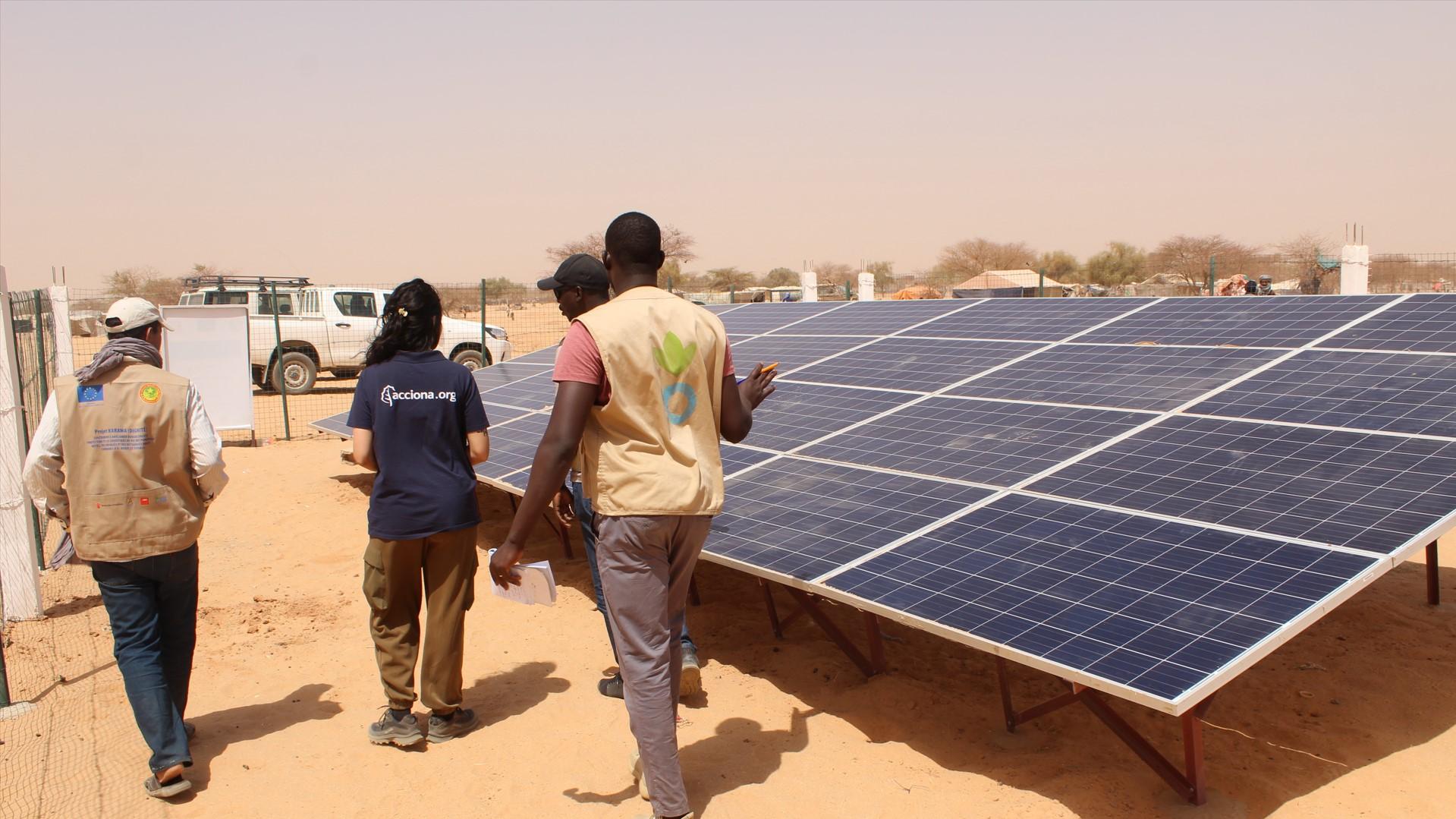

The challenge of greening the humanitarian response
23rd September 2024, 11h00 ET/ 17h00 CET (UTC-4) – NEW YORK CITY CLIMATE WEEK
[Online session]
The nonprofit sector faces a paradox: cash-strapped NGOs aim to promote health and sustainability, but in many cases, they run on fossil fuels that are expensive, worsen the climate crisis and generate air pollution, which harms human health. Few NGOs have the capacity or time for a potentially complex assessment of energy needs, particularly in rapidly changing emergency and post-emergency settings such as disasters and refugee camps. This event, designed for forward-thinking leaders from nonprofit organizations, government, funders, corporate operations and philanthropy, and anyone with an interest in this issue, will explore these challenges and the ways emerging technologies and new programs can help green the world’s humanitarian response and development operations.
PROGRAMME
Welcome remarks
Keynote introduction
Round Table: Can emerging technologies and new programs help green the world’s
humanitarian response and development operations?
- Facilitator: Eric Bebernitz, Director of External Relations, Action Against Hunger US
- Philip Sandwell, Research Associate, Global Platform for Action on Sustainable Energy for Displaced People (GPA)
- Chiara Buzzico, Energy Access Expert, Mercy Corps
- Cristina Ruiz Martinez, Energy Manager, acciona.org Foundation
REact - Renewable Energies for Assisting Communities Tool. Presentation and Demo
- Carmen Ruiz Garrido, Energy Expert, Fundación acciona.org, and REact Technical Manager
- Ibrahim Mustafa Chico, Climate Change and Energy Expert, Action Against Hunger, and REact Project Manager
Although energy is present in every phase of response, it is a sector of humanitarian aid that has often been relegated to the background. However, the impact it has on the environment and communities is of paramount importance.
The aim of this session is to bring together different actors of the humanitarian and the renewable energies sectors to discuss about the challenge of greening humanitarian responses therefore taking a more active role on contributing to climate change mitigation while deploying humanitarian aid.
Taking advantage of the NYC Climate Week momentum, we aim at bringing this relevant topic to the humanitarian agenda to ensure more action is taken to speed up the contribution of this relevant sector to climate change mitigation.
Also, the session will serve as a loudspeaker to showcase to the world the Beta version of REact, an innovative free to use assessment tool that allows estimating energy needs in humanitarian contexts and guides the decision-making process to meet those needs through solar energy. This tool was developed by Action Against Hunger and acciona.org Foundation, with co-funding from the European Union.
